Deadpool & Wolverine: The Smug Return Of Marvel’s Court Jester
This is #CineFile, where our critic Rahul Desai goes beyond the obvious takes, to dissect movies and shows that are in the news.
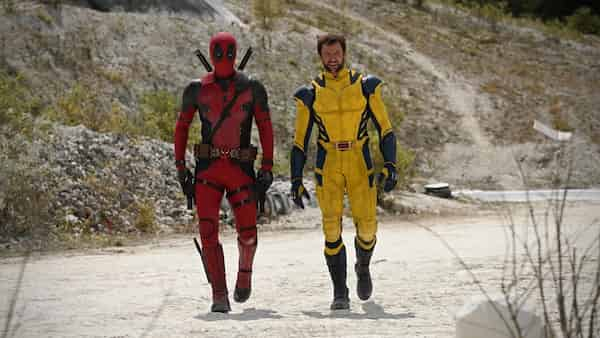
Last Updated: 03.18 PM, Jul 26, 2024
Deadpool & Wolverine is to Marvel fans what Barbie is to cinephiles. Blasphemous? Not quite. It’s so meta that it’s meta about being meta — a ‘superhero’ film that obliterates the line between imagination and parody, flaunts its self-awareness for doing so, expresses guilt for its new-age irreverence, and then makes a killing out of said self-awareness, guilt and irreverence. It breaks the fourth wall so hard that it invents a fifth and sixth wall — potshots range from Hugh Jackman’s divorce (and, well, the Elektra-Daredevil ‘breakup’) to Disney’s mega-acquisition of Fox (the sight of the famous ‘21st Century Fox’ logo buried in a Mad-Max-ish wasteland is admittedly amusing). The question still remains: Does a creative confession absolve the criminal of their cash-grabbing complicity?
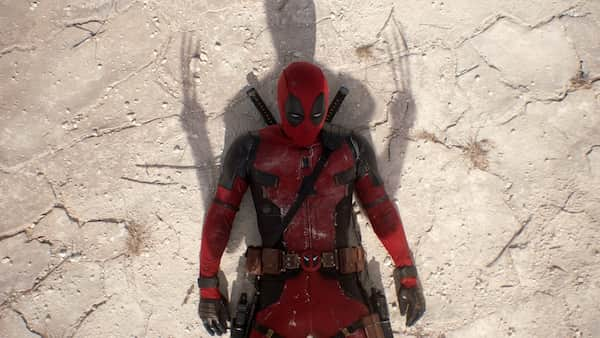
This complicity is written into Deadpool & Wolverine. The film’s self-derogatory tone somehow makes a case for both superhero fatigue and superhero nostalgia at once. I like how the two angles merge, but I can’t help but feel that the joke is always on us. The plot — the sheer silliness of it — is quite smart. A direct sequel to Logan and the first two Deadpool films, it revolves around snarky mutant Wade Wilson’s (Ryan Reynolds) relationship with the very gravity his movies are accused of derailing. The film opens with Wade interviewing to join the Avengers and their ‘Sacred Timeline’. After he fails and retires from masked mercenary-hood, Wade is captured by TVA (Time Variance Authority) and is made an offer he can’t refuse: Join the Sacred Timeline, because his own timeline — bereft of its ‘Anchor Being’ Logan — is dying. So of course he refuses it.
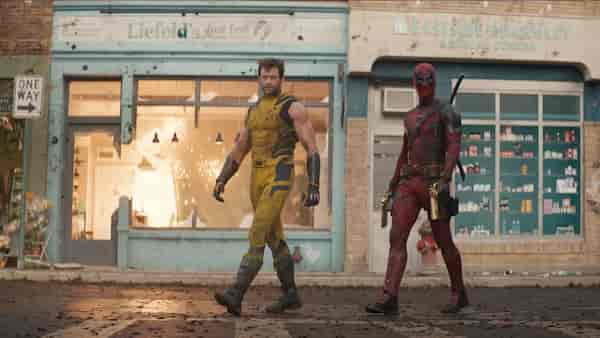
Wade’s Deadpool chooses to save his own world by teaming up with the worst variant of Wolverine. The two buddy-movie candidates are banished to the Void, a forgotten wasteland where rejected Marvel superheroes (called the “Others”) like Elektra, Blade and Gambit exist without purpose. The best gag of the film features “Captain America” Chris Evans making an entrance (to many hoots and cheers from both Deadpool and moviegoers), only to be revealed as The Fantastic Four’s Human Torch — a ‘lesser’ role he played in the 2000s — instead. The Void is ruled by Cassandra Nova (Emma Corin), a mind-mauling villain whose bitterness stems from being the neglected twin of X-Men leader Charles Xavier. The super-expendables must team up to not only rescue Deadpool’s timeline, but also prevent Super-Nova from using the Time Ripper to destroy the multiverse. As a long-time Marvel naysayer, I’ll admit I was rooting for Miss Nova, if not her questionable methods of achieving her ends. She has the right idea.
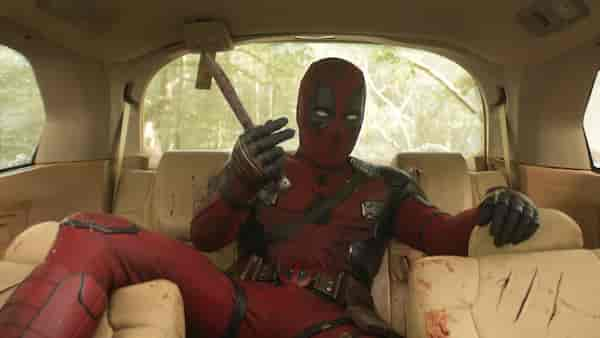
The annoying thing is that even the film knows it. Deadpool goes as far as admitting that it’s been a tiring gimmick to expand the MCU. On one hand, then, this film is a saucy takedown of everything Marvel has done (and undone). And on the other, it’s a cutesy ode to the ghosts of superhero epics past. The pairing of Deadpool’s consumerist newness with Wolverine’s old-school grit is entertaining, but it’s also oddly poignant. Their time together in the Void with the Others implies that Deadpool — a second-tier MCU character with aspirations to be an A-lister — is perhaps atoning for his chronically-online-isation and meme-fication of the superhero fantasy.
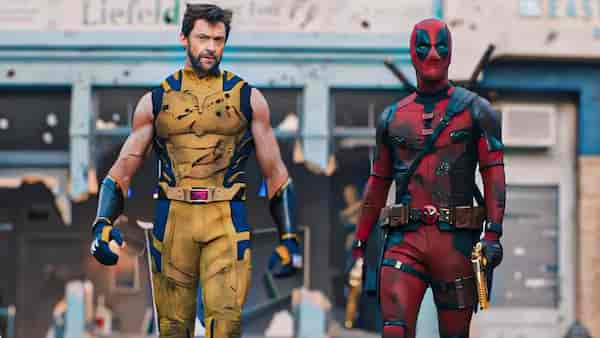
It’s a coming-of-age journey of sorts, where the wisest of wiseasses realises that “aura” is still a superhero requirement after all these decades. Every time a Deadpool movie releases, an Avenger dies a little (or a lot). At some level, it’s as if he chooses R-rated raunchiness and innuendo as a form of rebellion. As if to say: If I’m not good enough to be Marvel Jesus, then I may as well spend my screen-time erasing the distinction between God and Man, between high-stakes fiction and potty-mouthed reality. The neat needle drops (prominently featuring Madonna’s Like A Prayer) only supply this trick. Reynolds owns the genre duality, often selling us the illusion of a Scary Movie (a spoof) disguised as a Scream (the original). But the shtick can get repetitive. Deadpool & Wolverine understands — and weaponises — this so smoothly that it’s worrying.
Deadpool himself is a fitting metaphor for the modern comic-book movie. His relentless humour is a front for his inability to matter. It’s almost like he doesn’t have the courage to be real, so he hides behind lewd gags and Reynolds-sized quips. It echoes the Marvel landscape’s general lack of confidence in everything that once made superheroes magical — the larger-than-life narratives, the graveness and innocence of the characters, the simple stakes and vintage world-building.
For context, the two animated Spider-Verse stories (by Sony, mind you) double up as a similar critique of the new superhero canon. The battle for its unburdened teen protagonist is to exist in autonomy; he is defined by his desire to have an identity and rupture the fabric of the Spider-man multiverse. Ingenuity aside, the reason these films land is because they retain the nerve to be dramatic; the inherent seriousness of the genre is woven into a traditionally playful medium. But the Deadpool movies don’t have the guts to be a statement, so they become a punchline. They can’t create, so they procreate. They’re so busy being a good sport that they reduce superhero-ing to ‘jest’ that: A sport.

 Premium
Premium